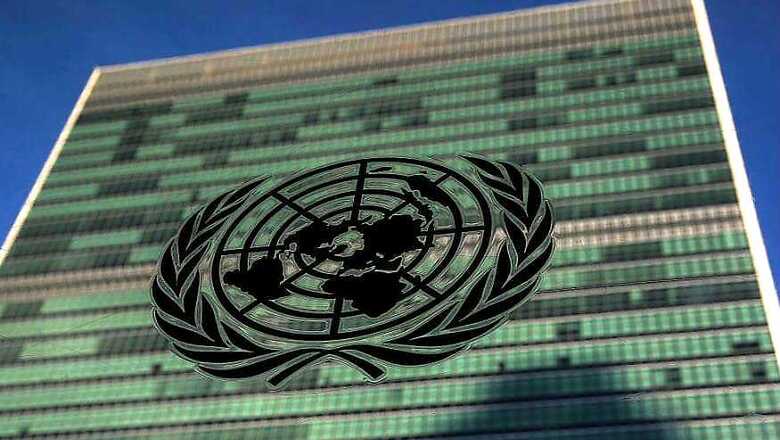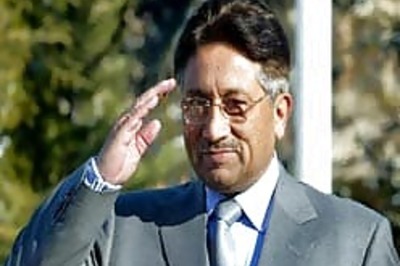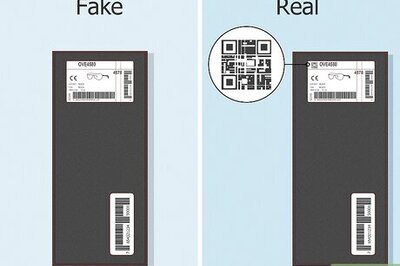
views
United Nations: Saudi Arabia awarded eight scientists the Prince Sultan Bin Abdulaziz International Prize for Water at a ceremony at United Nations headquarters in New York on Wednesday.
The ceremony was hosted by U.N. Friends of Water and presided over by Secretary-General Ban Ki-moon along with the prize committee chairman Prince Khalid Bin Sultan Bin Abdulaziz.
The bi-annual prize, established in 2002, aims to provide recognition to scientists and others whose work creatively addresses the problem of water scarcity.
Prince Khalid hailed the prize as a way "to help the whole world overcome the problem of the scarcity of water."
He declined, however, to link the water issue with his country's on-going military campaign in Yemen, where a number of experts say water resources are one of the issues fueling the conflict.
"The prize has nothing to do with politics, it has nothing to do with wars. It is there to prevent wars," Prince Khalid said.
Dr. Rita Colwell of University of Maryland at College Park and Dr. Shafiqul Islam of Tufts University took home the "Creativity Prize" for their work using satellite data to predict cholera outbreaks. Dr. Peter J. Webster of the Georgia Institute of Technology also shared the Creativity Prize for his work on predicting monsoonal floods.
The "Surface Water Prize" went to Dr. Gary Parker of University of Illinois Urbana-Champaign for his work on meandering rivers.
Dr. Tissa H. Illangasekare, of the Colorado School of Mines, was awarded the "Ground Water Prize" for his work on predicting the long-term fate of pollutants in the water table.
The "Alternative Water Resources Prize" was given to Dr. Rong Wang and Dr. Anthony Fang of Singapore's Nanyang Technological University for their work toward reducing the amount of energy needed for water treatment by membrane process.
Dr. Daniel P. Loucks of Cornell University won the "Water Management and Protection Prize" for his work developing systems tools to address practical water resources management.
The prizes come with cash awards ranging from one million Saudi riyals, or $266,000, to half a million riyals or $133,000.



















Comments
0 comment